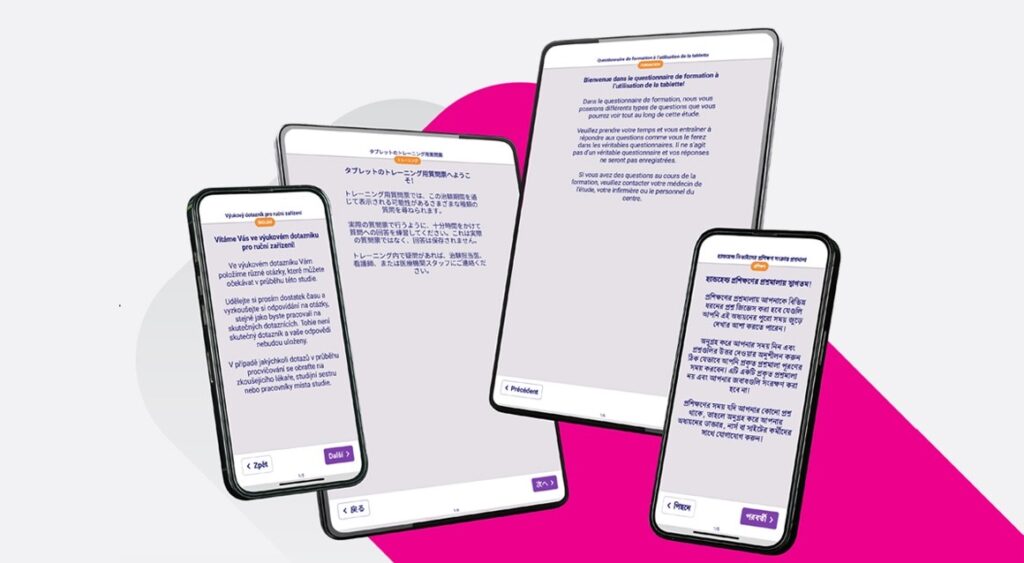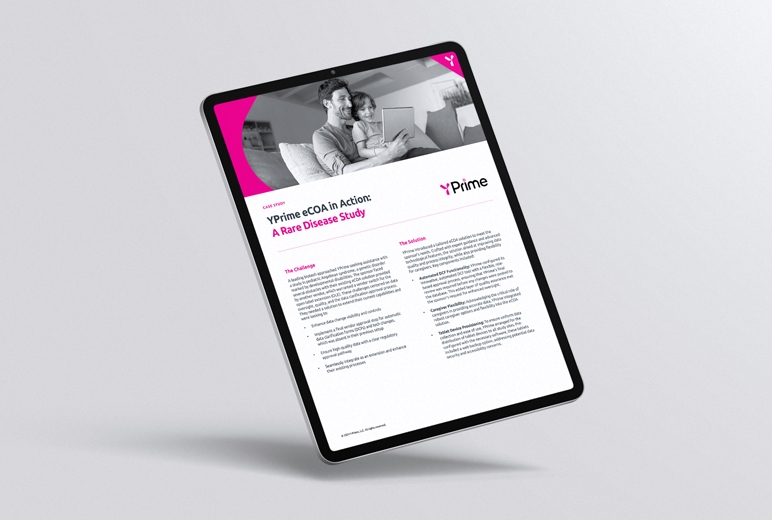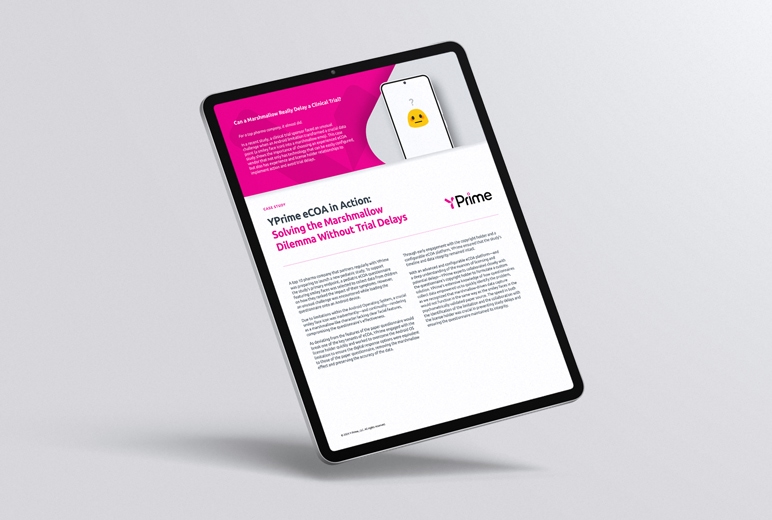In clinical trials, ALCOA principles (Attributable, Legible, Contemporaneous, Original, Accurate) define the gold standard for data integrity. But can paper-based methods for clinical outcome assessment (COA) collection reliably meet these standards? With vulnerabilities like human error, ambiguous entries, and delayed documentation, paper COA falls short. Enter electronic clinical outcome assessments (eCOAs)—the only COA solution that not only meets ALCOA requirements but redefines them for the better.
The Challenges of Paper-Based Data Collection
Paper methods are inherently prone to issues that compromise data integrity:
How eCOA Redefines ALCOA
Attributable: Ensuring Accountability
eCOA systems provide secure user authentication and comprehensive audit trails, making every piece of data traceable to its origin. You’ll know exactly who created the data, when it was entered, and what actions were taken. This transparency eliminates the need for exhaustive manual logging, ensuring accountability that paper simply cannot match.
Legible: Consistent and Clear Data
With eCOA, data is digitally formatted, eliminating the ambiguity of handwritten entries. Clear, consistently presented data reduces discrepancies and enhances reliability for both academic and regulatory purposes.
Contemporaneous: Real-Time Data Capture
eCOA timestamps and records data in real-time, capturing the true sequence of events. Unlike paper methods, which can suffer from delayed or backlogged entries, eCOA ensures data is recorded as it happens. This feature also mitigates issues like patients batch-completing diaries inaccurately—a common problem with paper processes.
Original: Preserving Data Integrity
eCOA securely stores data in its original digital form while documenting any edits. Unlike paper, which is susceptible to damage, loss, and/or unauthorized alterations, eCOA ensures a clear, transparent record of all data interactions.
Accurate: Minimizing Errors With Validation
eCOA systems employ built-in validation checks and automated protocols to ensure accuracy at every stage. By reducing human error and transcription mistakes, eCOA delivers data that faithfully mirrors real-world observations—essential for confident decision-making in clinical trials.
Why eCOA Is Essential
eCOA doesn’t just adhere to ALCOA principles—it elevates them, setting a new standard for data integrity and operational efficiency. Transitioning to eCOA isn’t merely a technological upgrade; it’s a necessary shift to ensure reliable, credible, and actionable data in clinical research.
In a world where data quality defines the success of clinical trials, paper methods fall short. eCOA systems provide unmatched reliability, accountability, and efficiency, enabling researchers to meet—and exceed—ALCOA standards. Embracing eCOA is not just about modernizing; it’s about ensuring the future of clinical research is built on a foundation of excellence.
Are you still considering paper-based COA for your clinical trials? If so, you may want to rethink your approach. Access our comprehensive white paper to learn how eCOA can enhance data quality, improve patient compliance, and deliver significant cost savings for your trials.
Check Out Our Other eCOA Resources
about trial design, data capture, operational efficiencies, and, ultimately, solving for certainty in clinical research.



